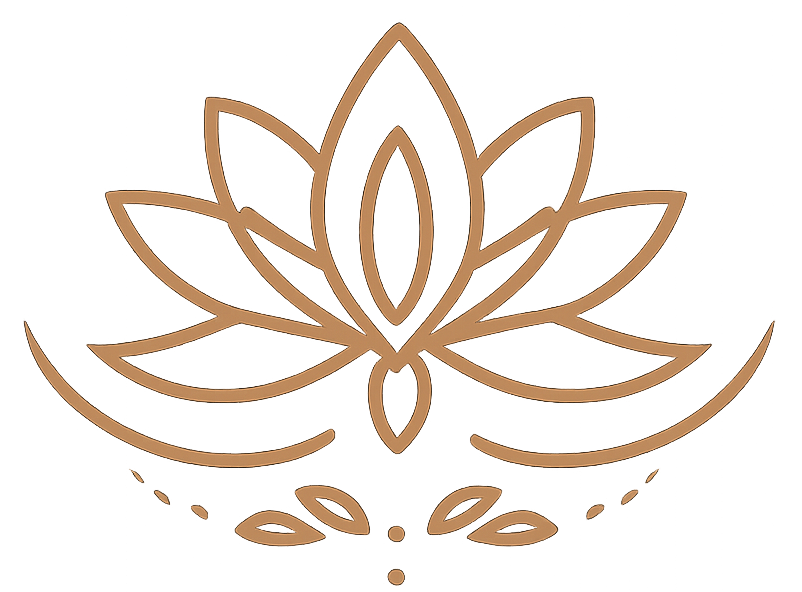The Importance of Relaxation Techniques
In the hustle and bustle of our busy lives, relaxation often takes a back seat. Yet, it is a crucial aspect of stress management and overall well-being. Just as a tired phone needs recharging, our minds and bodies require moments of rest and rejuvenation.
Consider the following points:
- Universal Benefits:
- Slow Down and Breathe: Relaxation techniques help slow your breathing, allowing you to find calm amidst chaos.
- Focused Attention: These practices encourage mindfulness—being fully present in the moment. They anchor you to the now, away from worries about the past or future.
- Various Approaches:
- Meditation: Whether through guided sessions or silent introspection, meditation soothes the mind and reduces stress.
- Mindfulness: Cultivate awareness by observing your thoughts and sensations without judgment.
- Hypnosis: A state of deep relaxation where suggestions can positively influence behavior.
- Progressive Muscle Relaxation: Tense and release different muscle groups to release physical tension.
- Tai Chi and Yoga: These ancient practices combine movement, breath, and mindfulness.
- Nature Walks: Active relaxation—stroll through a park, forest, or by the water. Let nature’s serenity envelop you.
- Sports and Physical Activity: Engage in activities that energize you, whether it’s dancing, swimming, or playing a sport.
- Personal Choice:
- No One-Size-Fits-All: The best technique is the one that resonates with you. Choose what feels right.
- Consistency Matters: Regular practice amplifies the benefits. Even a few minutes daily can make a difference.
Remember, relaxation isn’t a luxury; it’s a necessity. Prioritize self-care, recharge your inner battery, and let stress dissipate like morning mist.


